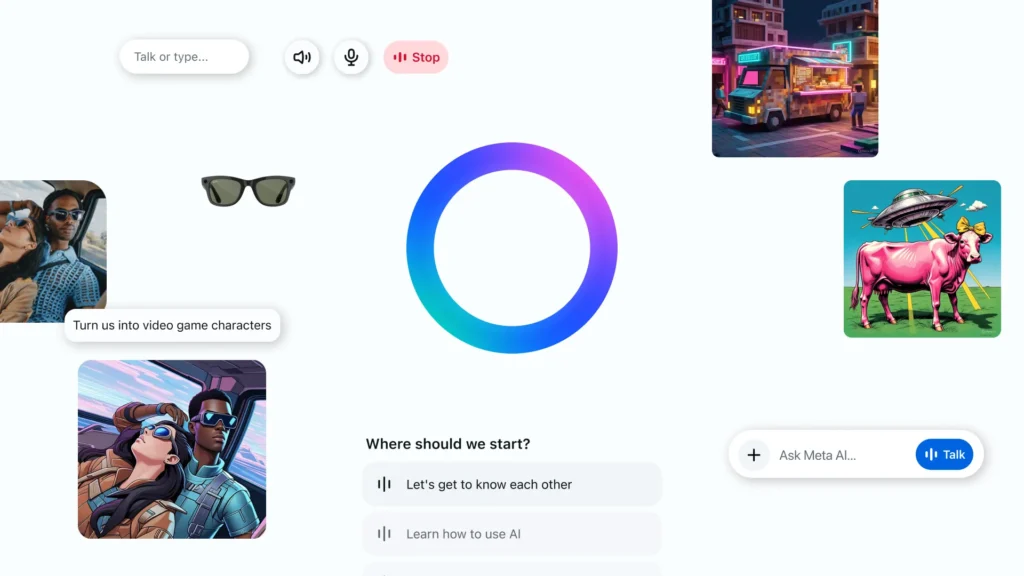Tech giants like Google, Microsoft, and Meta (Facebook’s parent company) are tightening regulations around their AI tools, but their efforts to enhance artificial intelligence often come at the cost of user privacy—sometimes with users’ consent, whether fully informed or not.
Meta new AI features made many users afraid, but why? let’s explore the new features together and learn more.
Meta New AI Features for Facebook
According to Phone Arena, Facebook has rolled out a new AI feature for iOS and Android users that requires enabling cloud processing.
This feature is designed to offer creative suggestions when users post new stories.
To activate it, users must tap “Allow” and agree to Meta’s AI Terms of Service.
Once accepted, Facebook gains permission to analyze media and facial features using AI.
Notably, Meta reserves the right to retain and use all personal data shared by users who opt in, in order to generate these suggestions.

Camera Album Integration and Personalized Content Suggestions
Some users have noticed a new setting that asks for permission to access their camera album to provide content suggestions while browsing Facebook.
If enabled, Facebook may display photos and videos from the user’s gallery as potential story ideas.
The platform claims it will use basic metadata—such as timestamps and favorited videos—to curate these suggestions.
Learn how to Redeem Free Fire Codes in 2025: Step-by-Step Guide to Unlocking Free Rewards
Meta New AI Features Uploads your Photos to Generate Content
A more advanced option allows Meta to continuously upload media from the user’s album to its cloud servers to generate personalized creative ideas, such as travel highlights or photo collages.
Facebook states that media will be selected based on time, location, themes, and the presence of people or objects.
While these suggestions are visible only to the user by default, they can be shared publicly if desired.
Limited Testing and Opt-In Requirement
Meta new AI features are currently being tested in the U.S. and Canada as confirmed by the company and mobile users will not be affected unless they explicitly opt in.








